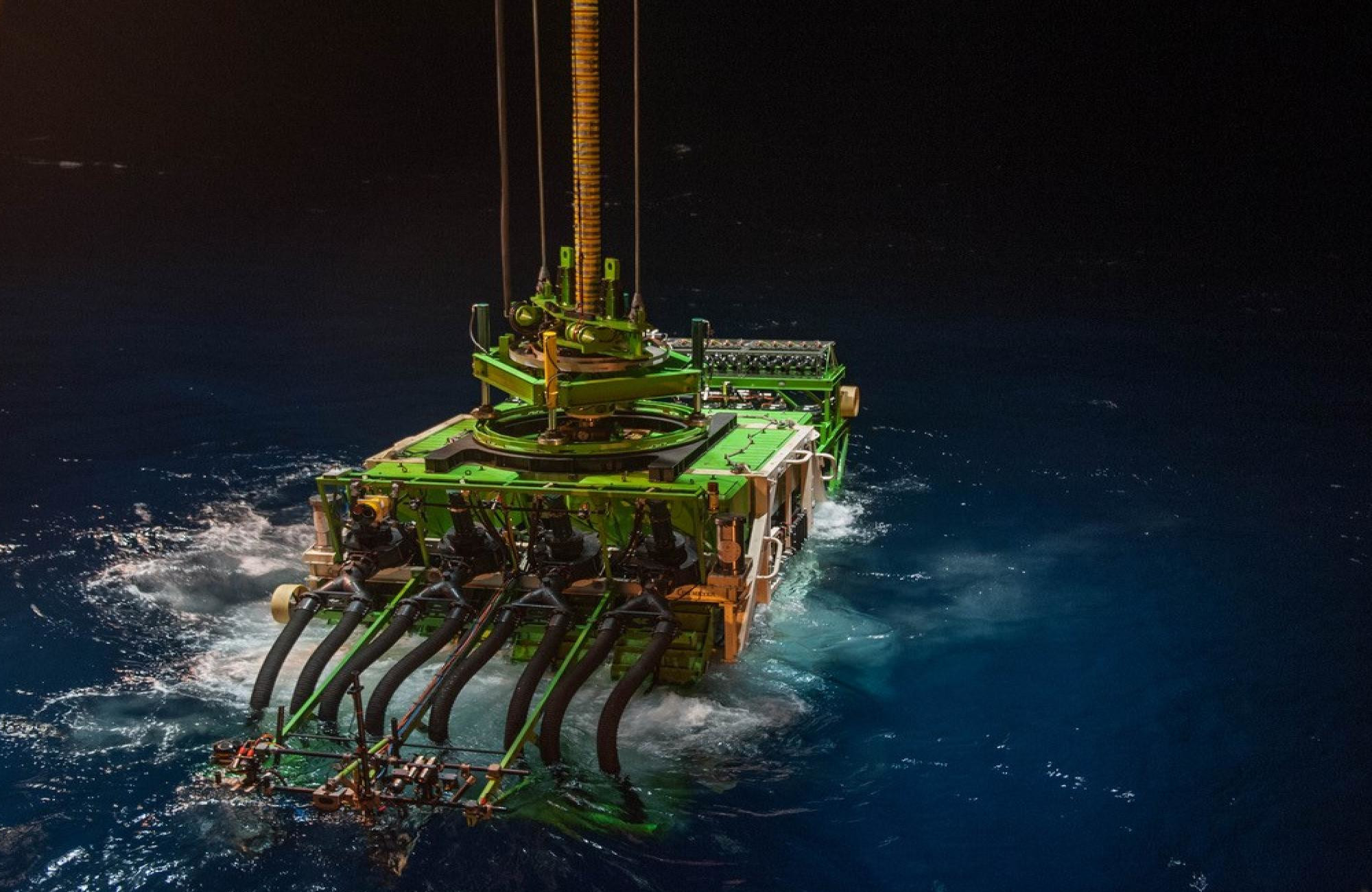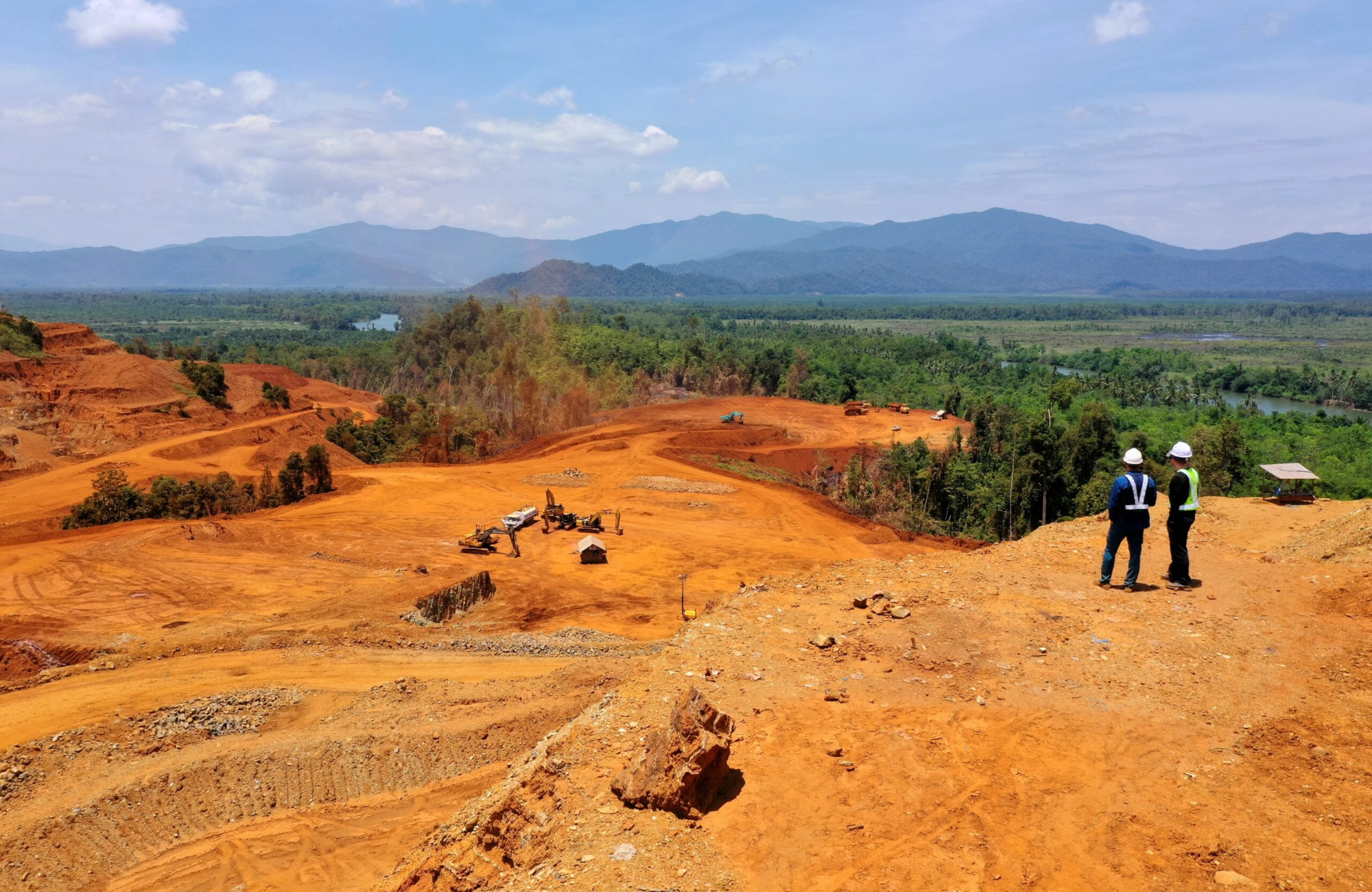We face a crucial decision for our ocean in this decade. Will we mine the deep seabed, introducing a new, destructive extractive industry into an environment formed over millions of years that is largely untouched by humans? Or will we value the ocean for all the good and services it provides, including as an essential climate ally?
Will we acknowledge with humility the limit of our understanding of the dominant feature of our blue planet?
We face this choice because a small number of companies and countries are claiming – inaccurately – that we need minerals found in the deep seabed for the transition from fossil fuels to renewable, battery-powered energy.
Destroying nature cannot and must not be a solution to the climate crisis, and we unequivocally do not need to mine the deep seabed to fulfill the demand for battery metals. Research shows that we can reduce demand for minerals by up to 58% through currently viable technologies (such as batteries that use less critical minerals), employing circular economy strategies, and improving recycle rates through mineral recovery from mining tailings or landfills.
This approach uses technology that’s already available, affordable and in-use – unlike deep seabed mining operations. A study last year showed that by 2050, up to 70% of Europe’s clean energy metal needs could be met through recycling if countries invest heavily now. And the claim that deep seabed mining is cleaner than terrestrial is both unproven and irrelevant because any new minerals will come too late to contribute to existing governmental climate targets.
Seabed mining would not replace land-based mining; it would instead exacerbate competition, leading to increased environmental and social challenges. A recent report showed that the damage to ocean biodiversity would be 25 times greater than the impact of land-based mining. Better to improve land mining and switch to circularity than to open the deep sea to further linear resource extraction that will not help us decarbonise responsibly.
A recent commentary on this site about land mining in Indonesia made this point, with the author calling on “governments and companies to confront the impacts of nickel and scale-up battery recycling, creating circular economies. Building smarter infrastructure so that we need fewer vehicles is also a key solution. The transformation of Southeast Asia’s plantation agriculture is proof that with clear policies and rigorous implementation, decarbonisation and nature protection can go hand in hand.”
It is not only nature that stands to lose if deep seabed mining is allowed to proceed, but people too. The UN Human Rights Chief this week added his voice to the growing chorus calling for a halt to this destructive, highly speculative industry, citing consequences for communities and livelihoods that depend on the ocean for their survival and subsistence:
States should commit not to proceed with plans for deep-sea mineral extraction until such a time as adequate safeguards, including sufficient scientific knowledge, exist to ensure such activities can be carried out in a way that respects, protects and fulfils human rights, including the human right to a clean, healthy and sustainable environment.
Resistance is gaining momentum – if not to deep seabed mining itself, to the unnecessary haste in which the International Seabed Authority (ISA) and some states are pushing to open the deep to extraction. The profit motivations and conflicts of interest driving this haste are readily apparent, leading a growing number of countries to step on the brakes. Most recently Canada, Ireland, Switzerland and Sweden joined the group of ocean leaders wishing to halt this mad rush.
Investors and would-be end users are also distancing themselves from this risky proposition. What company would want to be associated with toxic sediment plumes in the ocean, large-scale habitat destruction, species extinction, or disruption of important carbon sinks? These are some of the dangers of deep seabed mining.
It is heartening to see financial institutions and corporations question the bottom-line logic of deep seabed mining. But even more important are the voices of those with everything to lose – the Indigenous peoples of places like Hawaii, Cook Islands, Papua New Guinea and Tahiti. Indigenous representatives voiced concerns at the ISA meeting last March that deep seabed mining would destroy their places of origin, the deep sea, and have direct impacts resulting in reduced opportunities for income and for their children’s well-being. With a mandate to manage mineral-related activities on the seabed “for the benefit of humankind as a whole,” the ISA must respect the objections of Indigenous peoples, coastal communities, and young people (who are also speaking up).
There are scientific and economic arguments aplenty to refute the pro-seabed mining lobby. But perhaps poet Joshua Idehen says it better in 90 seconds than I ever will: “You stand before the sea. Destiny’s in your hands like a stone. Will you throw it?”
Visit WWF’s No Deep Sea Mining hub here.
Jessica Battle is the Senior Expert on Global Ocean Policy and Governance and Lead Deep Seabed Mining Initiative at WWF. Since joining WWF in 2001, she has been at the forefront of marine policy for more than 20 years, and worked extensively to secure the recent landmark agreement for the high seas.






